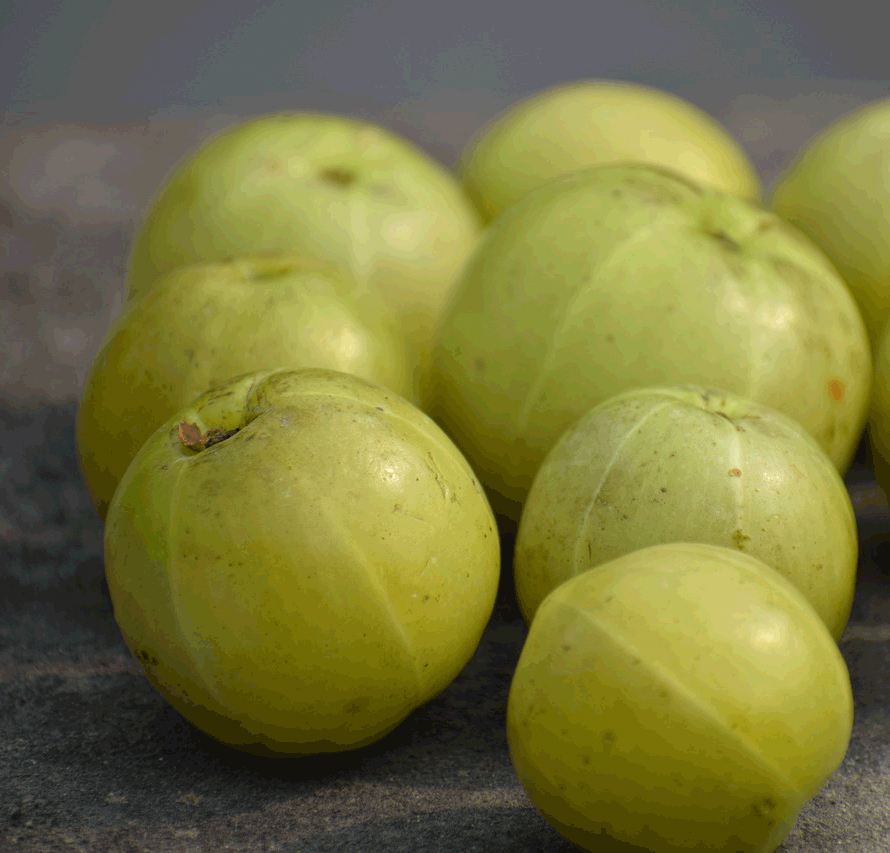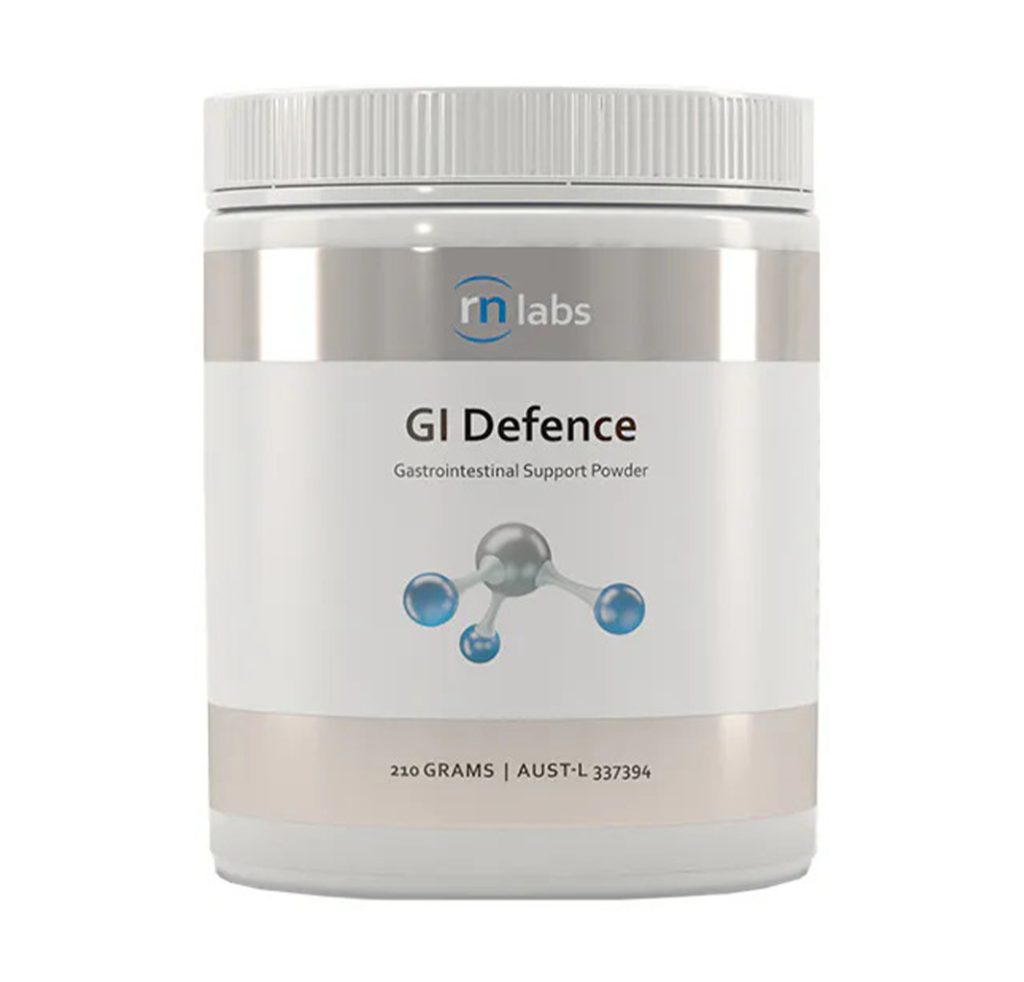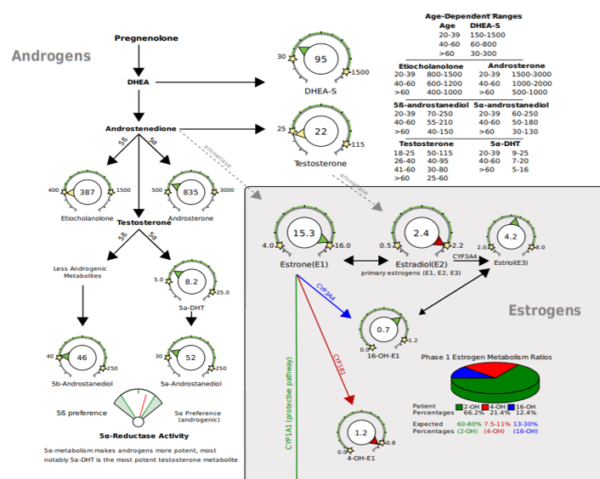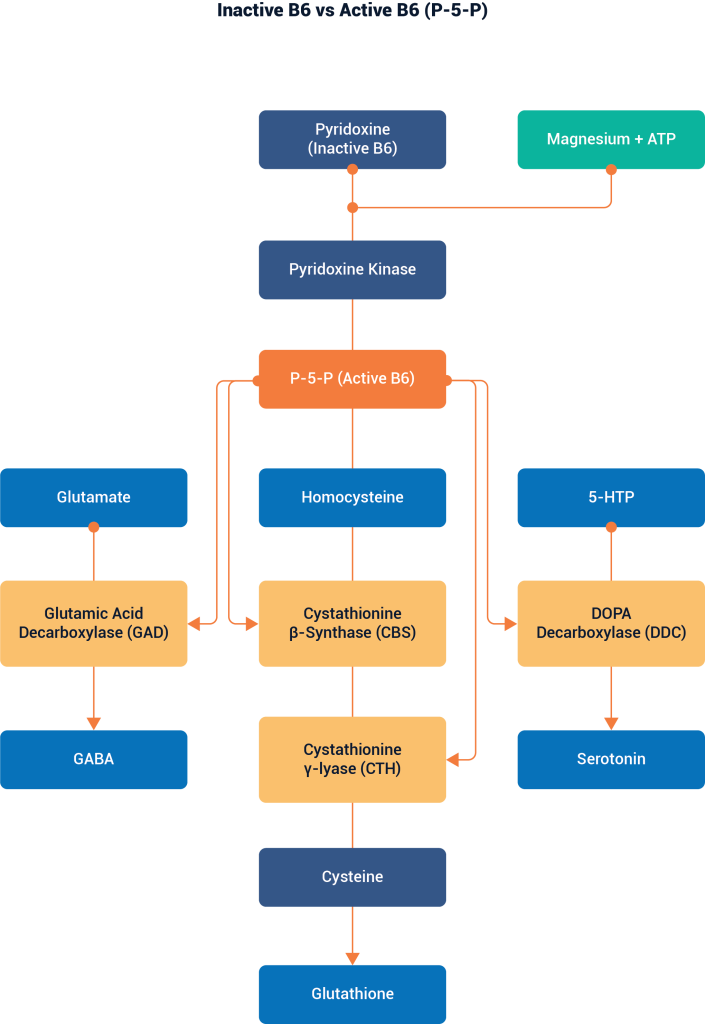History
Amla is the most revered medicinal berry in India, being used for myriad health issues and diseases for thousands of years. It is the foundation ingredient in Chyavanaprasha, the traditional Indian jam which is a potent antioxidant mixture aiding digestion and excretion, and rejuvenation.
There is a deep spiritual connection with this fruit and its medicinal compounds, as it is thought to have been the first tree to grow on Earth, springing from Brahma’s tears whilst he was meditating.
Traditional Uses
Traditionally, all parts of the amla plant were used in Ayurvedic medicine, including both dried and fresh fruit. Its qualities were considered light and dry, with a cooling energy. It has been used for a variety of ailments from dyspepsia, osteoporosis through to ophthalmic issues, but it is known as Rasayana (rejuvenator), and highly revered for delaying senescence related processes.
From a culinary perspective, the fruit was commonly pickled or eaten raw, with the inner bark of the tree used in soups. Due to its high tannin content, the fruit was also used in inks, shampoos and hair oils, and as a dye fixative on fabrics.
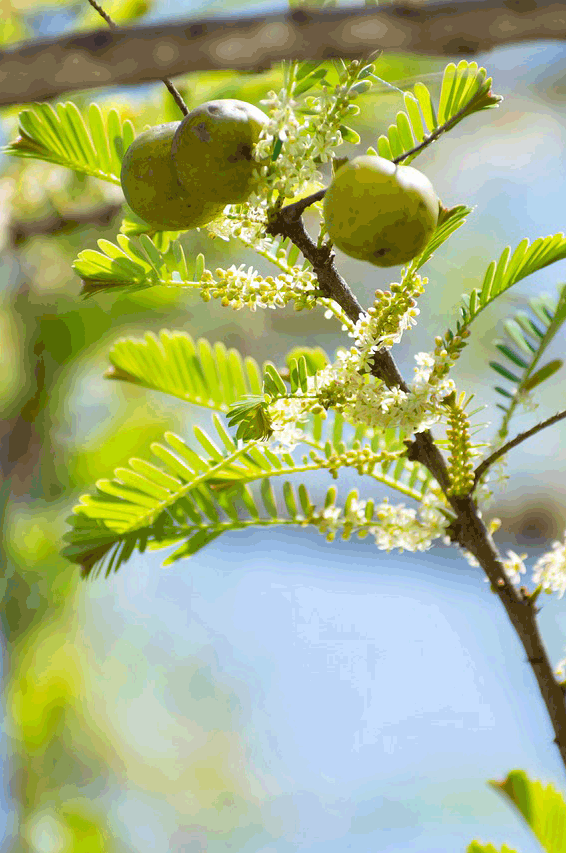

How the Western World Came to Study Amla
Whilst Indian, Tibetan and Chinese cultures have been utilising the profound effects of amla for centuries, the western world has only just begun to truly realise its inherent healing capabilities through scientific studies over the last decade, and countless self-discovery case studies.
Phytochemical research has found amla to be highly nutritious, being one of the richest sources of ascorbic acid, amino acids and minerals. The major chemical constituents identified include tannins (emblicanin A & B, Punigluconin, Pedunculagin, Chebulinic acid, Chebulagic acid, Corilagin, Geraniin and Ellagotannin), alkaloids (phyllembein, Phyllantine, Phyllantidine), polyphenols (Gallic acid, ellagic acid, Methyl gallate and Trigallayl glucose), amino acids (glutamic acid, proline, aspartic acid, alanine, cystine, lysine), carbohydrates (pectin), flavonoids (quercetin and Kaempferol), vitamins (ascorbic acid), organic acids (Citric acid) and minerals; all of which were found to be biologically effective.
Clinical studies on amla have identified its analgesic, antiulcerogenic[iii] [iv], anti-tussive, anti-atherogenic, adaptogenic; cardio, gastro, nephro, and neuro protective properties. Amla has also demonstrated immunomodulatory, free radical scavenging, antioxidant, anti-inflammatory, and anti-mutagenic activities.
Antiulcerogenic – 20-50mg/kg given twice daily over 5 days provided significant protection against gastric ulcers induced by ethanol, aspirin, cold restraint stress, pyloric ligation and healing of ulcers induced by acetic acid[iv]. Antidiarrheal & Antispasmodic – In a diarrheal-induced animal model, amla fruit extracts were effective in reducing the number and frequency of stools, with similar effects to antidiarrheal medication.
Antimicrobial – The antimicrobial activity of amla extra was assessed by disc-diffusion method, and was shown to have positive effects on gram negative bacteria Salmonella typi, Shigella dysenteriae, Shigella sonnei, Hafnia, and gram-positive Staphylococcus epidermis, Staphylococcus pyogenas and fungi (Candida albicans, Fusarium solanii).


Now is the Time to Harness the Benefits of Amla
The world’s oldest holistic healing system, Ayurveda, holds amla as its most sacred, powerful remedy, having forged its importance well before written records were made.
Countless studies are now confirming what traditional medicine has known all along, through peer reviewed studies – amla has a potent antioxidant status, healing gut conditions, reducing mutagenic risk markers, improving circulation and liver function, anaemia and blood sugar control; these are but a few of the health conditions it improves.
Amla has a place in every practitioner’s dispensary, and why it has earnt its place in the GI Defence by RN Labs is designed to support gut health and is great tasting, multi-faceted, and clinically potent formula.
Related Resource: Amla Technical Data Sheet
Srivasuki, K., 2012. Nutritional and health care benefits of amla. Journal of Pharmacognosy, 3(2), 141-51.
Dasaroju, S., Gottumukkala, K., 2014. Current Trends in the Research of Emblica officinalis (amla): A Pharmacological Perspective. International Journal of Pharmaceutical Sciences Review and Research, 24(2), 150-159.
Chatterjee, A., Chatterjee, S., Biswas, A., et al., 2012. Gallic Acid Enriched Fraction of Phyllanthus emblica Potentiates Indomethacin-Induced Gastric Ulcer Healing via e-NOS-Dependent Pathway. Evidence-Based Complementary and Alternative Medicine https://doi.org/10.1155/2012/487380
Sairam, K., Rao, C. V., Babu, M. D., et al., 2002. Antiulcerogenic effect of methanolic extract of Emblica officinalis: An experimental study. Journal of Ethnopharmacology, 82(1), 1–9. https://doi.org/10.1016/S0378-8741(02)00041-7
Perianayagam, J. B., Narayanan, S., Gnanasekar, G., Pandurangan, A., Raja, S., Rajagopal, K., … Vijayakumar, S. G. (2005). Evaluation of antidiarrheal potential of Emblica officinalis. Pharmaceutical Biology, 43(4), 373–377. https://doi.org/10.1080/13880200590951856
Tambekar, D. H., & Dahikar, S. B. (2010). Antibacterial potential of some herbal preparation: An alternative medicine in treatment of enteric bacterial infection. International Journal of Pharmacy and Pharmaceutical Sciences, 2(SUPPL. 4), 176–179.

